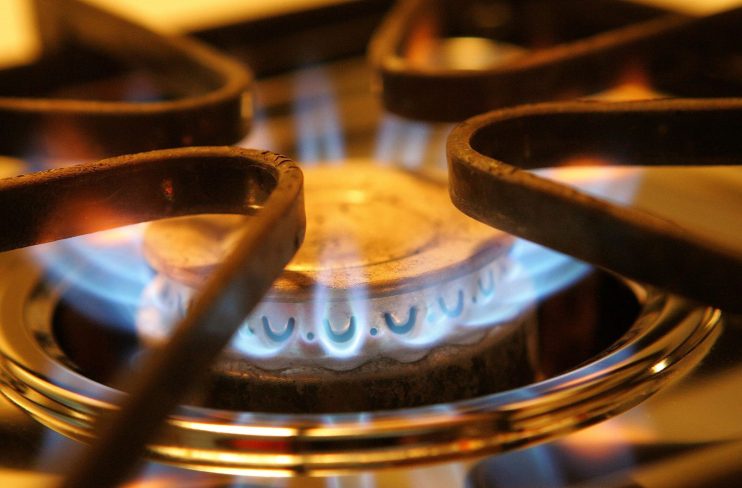Energy sector braces itself for wave of supplier bankruptcies as crisis grows

The Government wants energy firms to “stay afloat organically”, as the growing energy crisis led to company bosses saying the outlook was “looking bleak”. Four firms have already folded and there are fears that more could follow.
With wholesale prices for gas surging by 250 per cent since January, with a 70 per cent rise since August alone, Business Secretary Kwasi Kwarteng held crisis talks with the energy firms amid fears more small suppliers could go to the wall.
Kwarteng said consumers would be protected from sudden price hikes through the Government’s energy price cap.
However, that does put pressure on the suppliers – particularly smaller companies – who are unable to pass on the increases in wholesale gas prices to their customers.
Regulator Ofgem said British Gas would take over the 350,000 domestic customers who had been supplied by People’s Energy before it went bust earlier this month.
Some analysts have predicted that the UK’s energy companies could be reduced to three-quarters over the coming months leaving as few as 10.
On Monday, Peter McGirr, chief executive of small energy firm Green, said “the outlook is looking bleak”.
McGirr said: “It is not that I have a bad business model or I have a bad business.”
“We just don’t have as deep pockets to keep going through this crisis. I think that all suppliers are feeling the pinch of this but some of them just have a lot deeper pockets to try and ride out the storm.”
He added: “I feel that without any support mechanism being put in place by Government, it’s unlikely we will see the winter through.”
Multiple factors
Emma Pinchbeck, head of Energy UK, a trade association for the energy industry, told Times Radio the issue could not be blamed on one factor.
Speaking to broadcasters on the tarmac of New York’s JFK airport overnight, Prime Minister Boris Johnson said: “I think people should be reassured in the sense that yes there are a lot of short-term problems not just in our country, the UK, but around the world caused by gas supplies and shortages of all kinds.
“This is really a function of the world economy waking up after Covid.
“We’ve got to try and fix it as fast as we can, make sure we have the supplies we want, make sure we don’t allow the companies we rely on to go under. We’ll have to do everything we can.
“But this will get better as the market starts to sort itself out, as the world economy gets back on its feet.”
At the same time ministers are grappling with warnings of potential shortages on the shelves as the knock-on effect of the gas price rise ripples through the economy.
Producers have warned that supplies of meat, poultry and fizzy drinks could all be hit due to a shortage of carbon dioxide (CO2).
It follows the shutting down of two large fertiliser plants in Teesside and Cheshire – which produce CO2 as a by-product – with the owners citing the increase in gas prices.
On Sunday, Mr Kwarteng met with Tony Will, the global chief executive of CF Industries, the UK’s biggest supplier of CO2 and the owner of the two fertiliser plants.
He said they had discussed the pressures the business was facing and “explored possible ways forward to secure vital supplies, including to our food and energy industries”.
Nick Allen, chief executive of the British Meat Processors Association, has said the country could be two weeks away from British meat disappearing from supermarket shelves.
Mr Allen told Sky News said meat manufacturers have said they have between five and 15 days’ supply left.